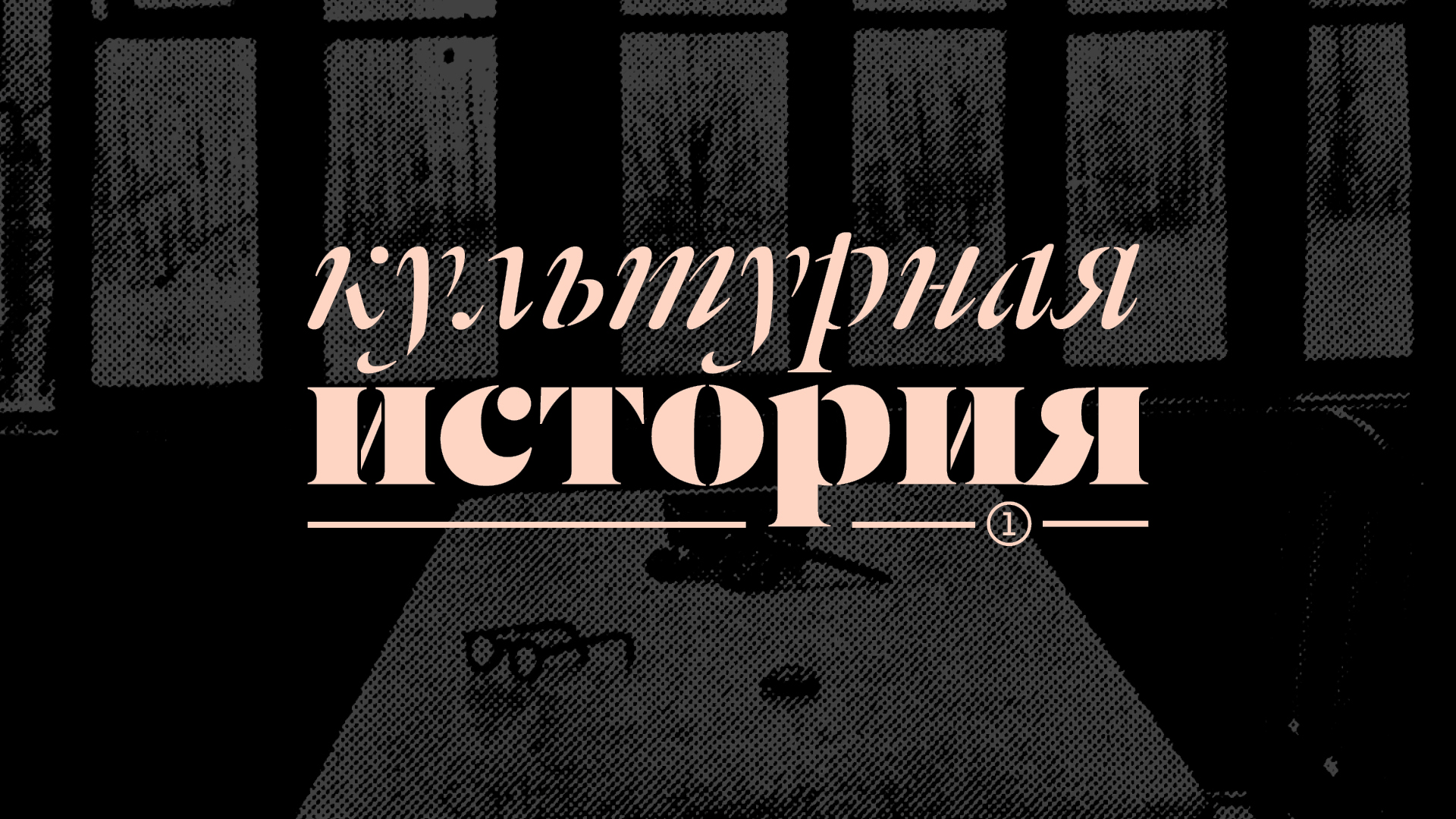Abstract
The article focuses on the literary education in Orthodox theological seminaries after the reform of 1867. It analyzes the views of the Holy Synod officials and clergy on the course of literature as an instrument for education of future pastors of the church recorded in the draft charter of 1862 and the charter of 1867. Didactic ideas of the members of the Educational Committee and seminary teachers are considered on the basis of the “Explanatory Note to the Program of the Theory of Literature”. The implementation of these ideas in the classroom is analyzed using the example of the Arkhangelsk Theological Seminary, where two teachers belonging to different generations tried to reconcile the requirements of the program and the recommended textbook that did not correspond to each other. As a result, the course of literature turned into a space of improvisation, where the choice of texts and teaching methods depended on the teacher’s personal inclinations, his knowledge of didactic literature, and the availability and number of books in the seminary library. The perception of the course by seminarians is considered on the basis of correspondence and materials from the seminar’s handwritten journal “Razvitie”. It is concluded that the program of teaching literature approved during the reform of the theological school was in line with the advanced pedagogical ideas developed at that time for secular education. Despite this fact, the seminarians were skeptical about the format and content of the course because of a general negative attitude towards spiritual education and hostility towards a particular teacher. They satisfied the request for the theory of literature within the framework of self-education by focusing on the articles of critics of democratic journals and not suspecting that the official program they rejected in many aspects goes back to the same school of studying and teaching literature.
